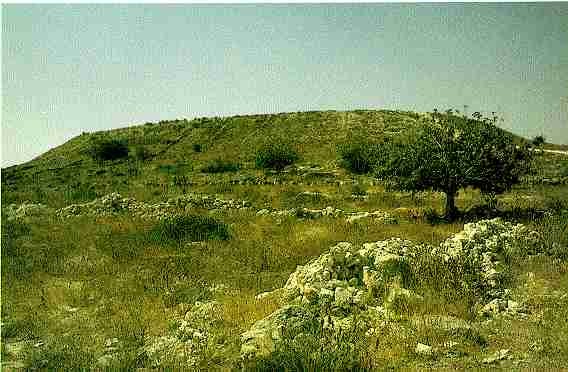Today we begin the second book of Samuel. Where 1 Samuel was the life and ministry of Samuel, the rise and fall of Saul, and the rise of David, 2 Samuel is the life of David from his reign until the time just before his death. It covers approximately 40 years (1010-970 B. C.). Second Samuel also begins precisely where 1 Samuel left the story. In the original Hebrew the two books are one. Our Bibles follow the pattern of the Septuagint in separating the book in two parts.
David returned to Ziklag after pursuing, overtaking, and defeating the Amalekites who had destroyed Ziklag and taken the people as prisoners (1 Samuel 30). David did not know what had happened at Gilboa and Saul’s death (1 Samuel 31). When the Amalekite (who traveled from Gilboa to Ziklag, about 90 miles), remember Saul was to have destroyed all the Amalekites but did not (1 Samuel 15), came to him with the news of Saul’s death, David was surprised. It seems as those this man was seeking the approval of David for killing Saul, thinking he might be rewarded with a post or other honor. The man reported that Saul asked him to kill him. Remember that Saul did ask his armorbearer to kill him. He refused to do the deed because it was his job to keep the king alive. The Amalekite, in seeking honor, said that he did what Saul requested. He then displayed Saul’s crown as proof of his words.
David, who was unwilling to kill Saul when given the opportunity (1 Samuel 24 and 1 Samuel 26), mourned the loss of his pursuer and his king, and his friend. David then killed the man who reported and falsified his testimony for killing the Lord’s anointed (2 Samuel 4.10).
David then writes a song, “The Song of the Bow” because Saul died by the hand of an archer and the tribe of Benjamin were well-known archers. It is contained in the lost book of Jashar (Joshua 10.13). This would be a great find for historical reading. The song is not included in the book of Psalms. Yet, it does read like a psalm.
David still regarded Saul as God’s anointed and sought to honor him as such. He honors his friend, Jonathan, in the same manner. These are the mighty and noble of Israel. They will no longer grace the land nor the people. David is mourning his king (some would consider Saul as David’s enemy) and his best friend.
When we hear of the demise of someone who was out to get us, do we mourn or rejoice? Where is our heart in this? Read Proverbs 24.17 and Romans 12.14-16 for God’s instruction on what to do in these situations.
Saul, in retrospect, is the epitome of 1 Corinthians 10.12 and a warning to each of us. Saul began standing tall and fell in dishonor. When we think we can handle life by ourselves without taking God’s Word into consideration, we are bound to fall. First Corinthians 4.1-2 reminds us the measure of our success is not our talent but our faithfulness to what God has commanded.
